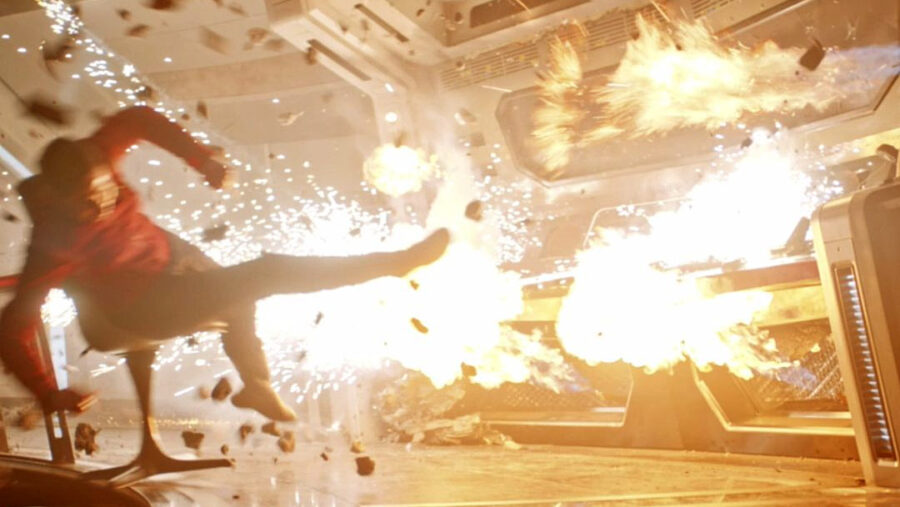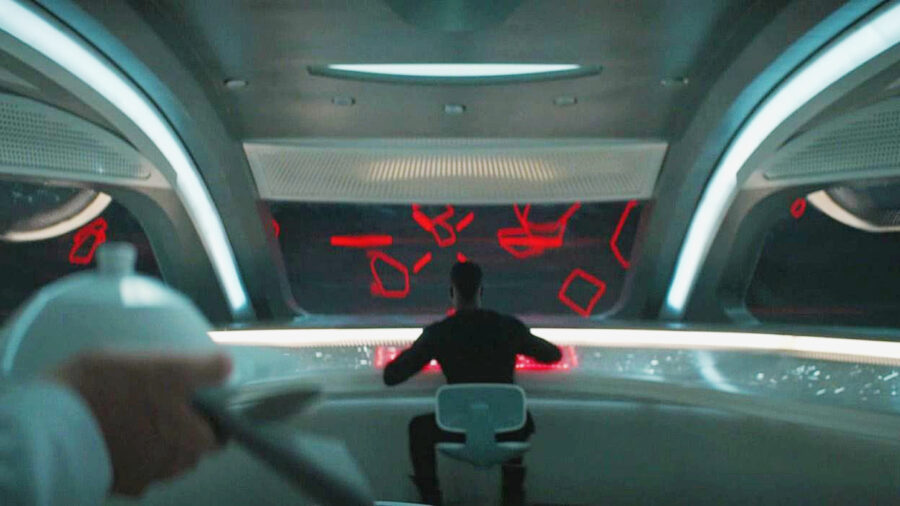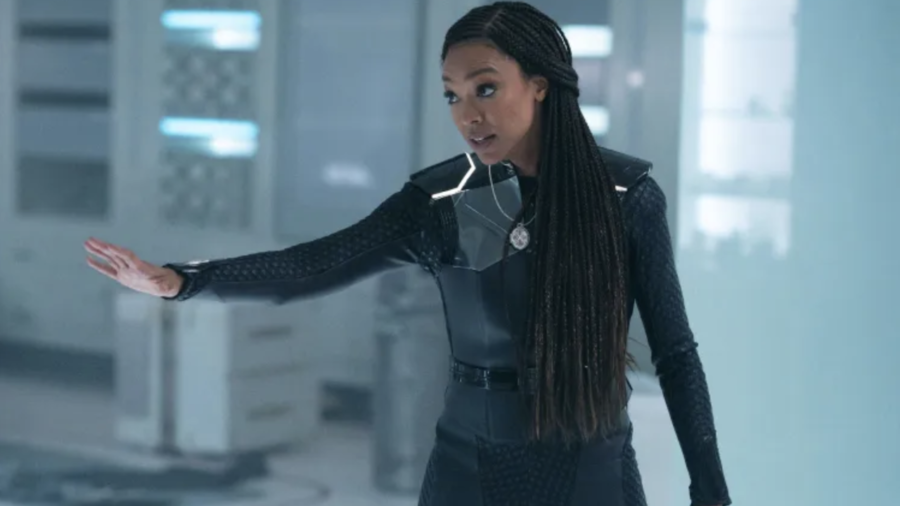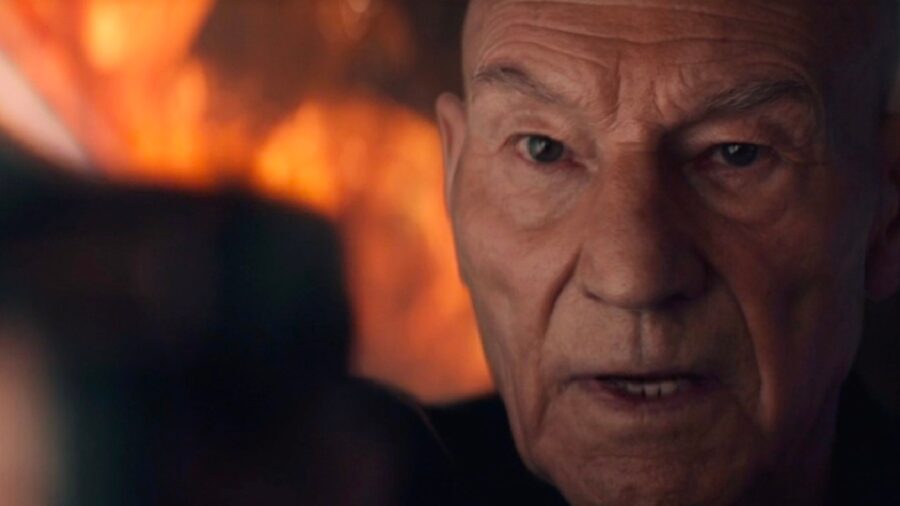How Prestige TV Is Killing Star Trek

Let’s be blunt: as a franchise, Star Trek has had better days, especially in the wake of Paramount unexpectedly canceling both Discovery and Lower Decks. They also fumbled the ball with Picard, taking what should have been a nostalgic hit centered around the franchise’s most popular character and creating a show that was absolutely awful until its final season. Countless fans have been doing their Dr. McCoy impression and trying to diagnose the series, but I’ve finally figured out what is wrong with Star Trek: it is dying slowly thanks to its so-called “prestige TV” format.
Prestige TV Defined

While not every Star Trek fan is familiar with the definition of prestige TV, it’s a format that currently has a stranglehold on this franchise. What are the hallmarks of prestige television? Some of the common hallmarks of such shows are that they have short seasons anchored around a single character, telling interconnected stories that are, above all else, meant to be taken completely seriously at all times.
Star Trek audiences looking for examples of prestige TV need look no further than shows like Game of Thrones, Breaking Bad, Mad Men, and so on. Not every show follows every made-up “rule” of prestige storytelling, but these are the kinds of shows that Paramount wanted to emulate with NuTrek. That sounds good for about half a second until you realize that Star Trek became popular by becoming the very opposite of prestige TV.
The Discovery Dilemma

For example, until the arrival of Discovery and its relatively short seasons, Star Trek was known for having about 26 episodes per season. That format had some major advantages: it let each member of the ensemble cast enjoy time in the spotlight even as it expanded this fictional universe in dynamic ways. Most of all, it ensured that even if you really hated, say, 6 episodes, you’d still enjoy the vast majority of the season.
After its first season, Discovery settled into 13-episode seasons, with season 5 clocking in at only 10 episodes. The problems were immediately apparent: every season of this new Star Trek show had to be based around a single major storyline (a hallmark of prestige TV), and if you didn’t like it, you’d probably hate the entire season. Speaking of getting your hate on, if you ended up disliking 6 episodes now, that means you were well on your way to hating half the season.
Disappointing Lack Of Side-Quests

Perhaps the most obvious way that Star Trek: Discovery copied the prestige TV format is by focusing almost entirely on Michael Burnham, and that created its own major issues. For example, the character is compelling and Sonequa Martin-Green is an amazing actor, but focusing primarily on Burnham meant that we barely got to know most of the other characters. Many fans finished the show barely able to name half the bridge crew, which is downright weird for a franchise built on ensemble cast storytelling.
Picard’s Prestige Problem

Discovery wasn’t the only Star Trek show that fell into the prestige TV trap … Picard was also a major offender, and if you didn’t like the focus of those first two incoherent seasons, you were destined to tap out early. Even more than Discovery’s first season, Picard embraced the prestige notion that we must tell very serious stories about very sad characters.
This felt particularly out of place because Star Trek has always been at its best when it’s a little goofy. Notably, Picard didn’t get good until the show brought the rest of the TNG cast back, forcing the writers to tell the kinds of ensemble stories that made this franchise famous.
A Return To Form With Strange New Worlds

For Star Trek fans, that’s the bad news…the good news is that Paramount seems to have learned from their prestige TV mistakes when making Strange New Worlds. Sure, the seasons are still shorter than we’d like, but each episode focuses on a different adventure, and different stories let the entire ensemble cast shine.
Plus, stories like the musical episode prove that this spinoff isn’t afraid to embrace its sillier side, and let’s be real: that feels like an insanely refreshing return to Trek form after years of close-ups of crying characters being passed off as great storytelling.












